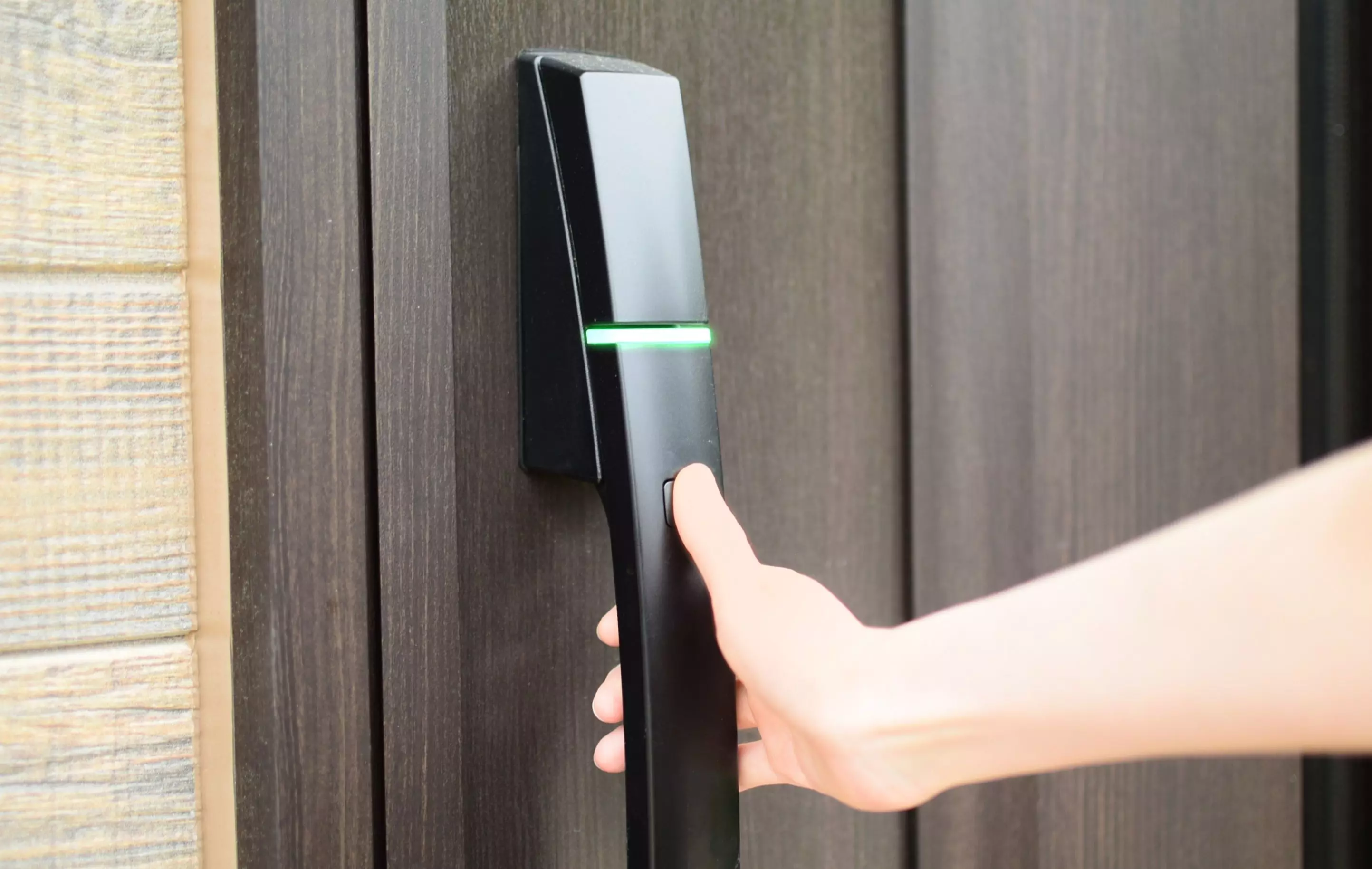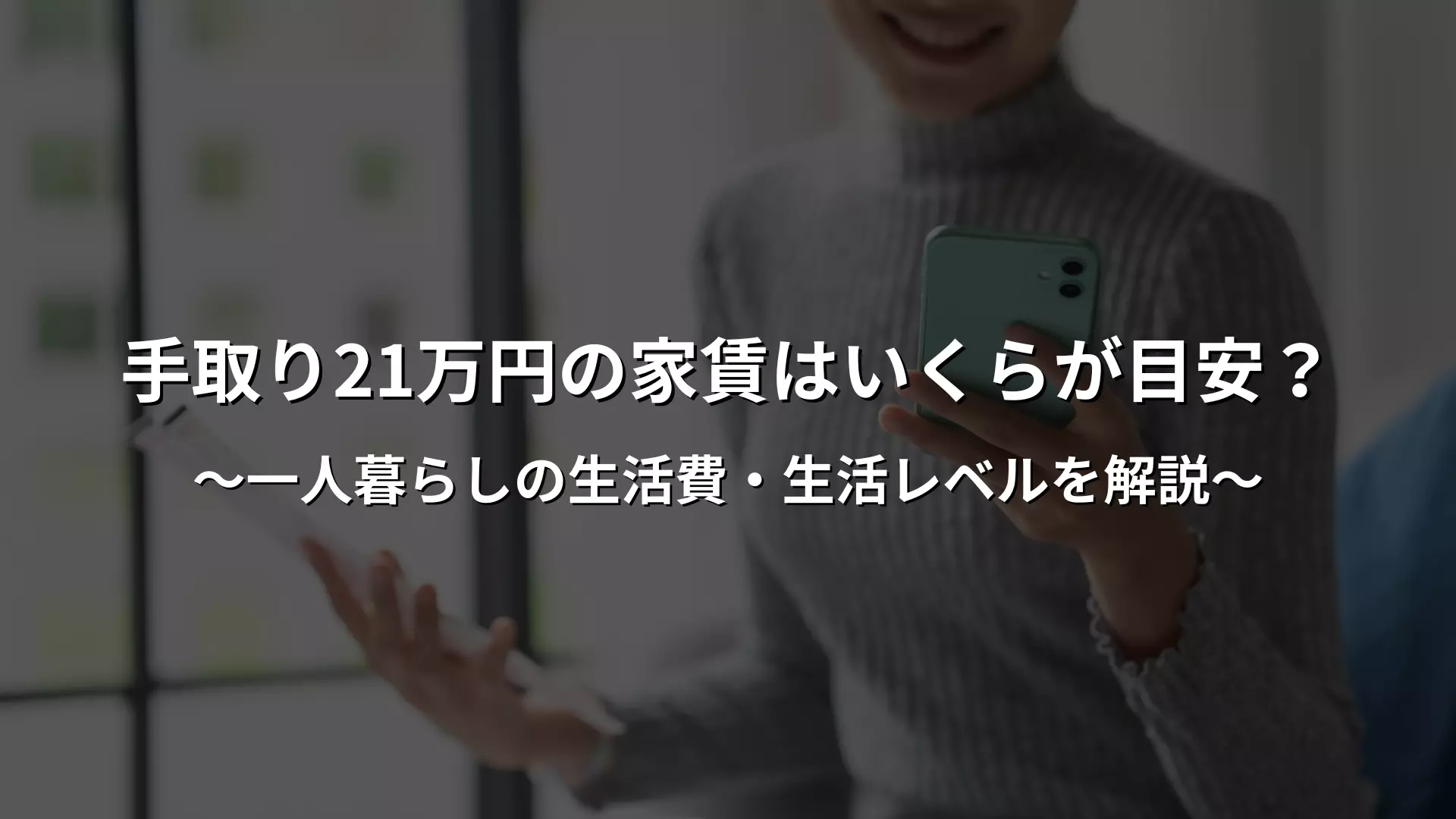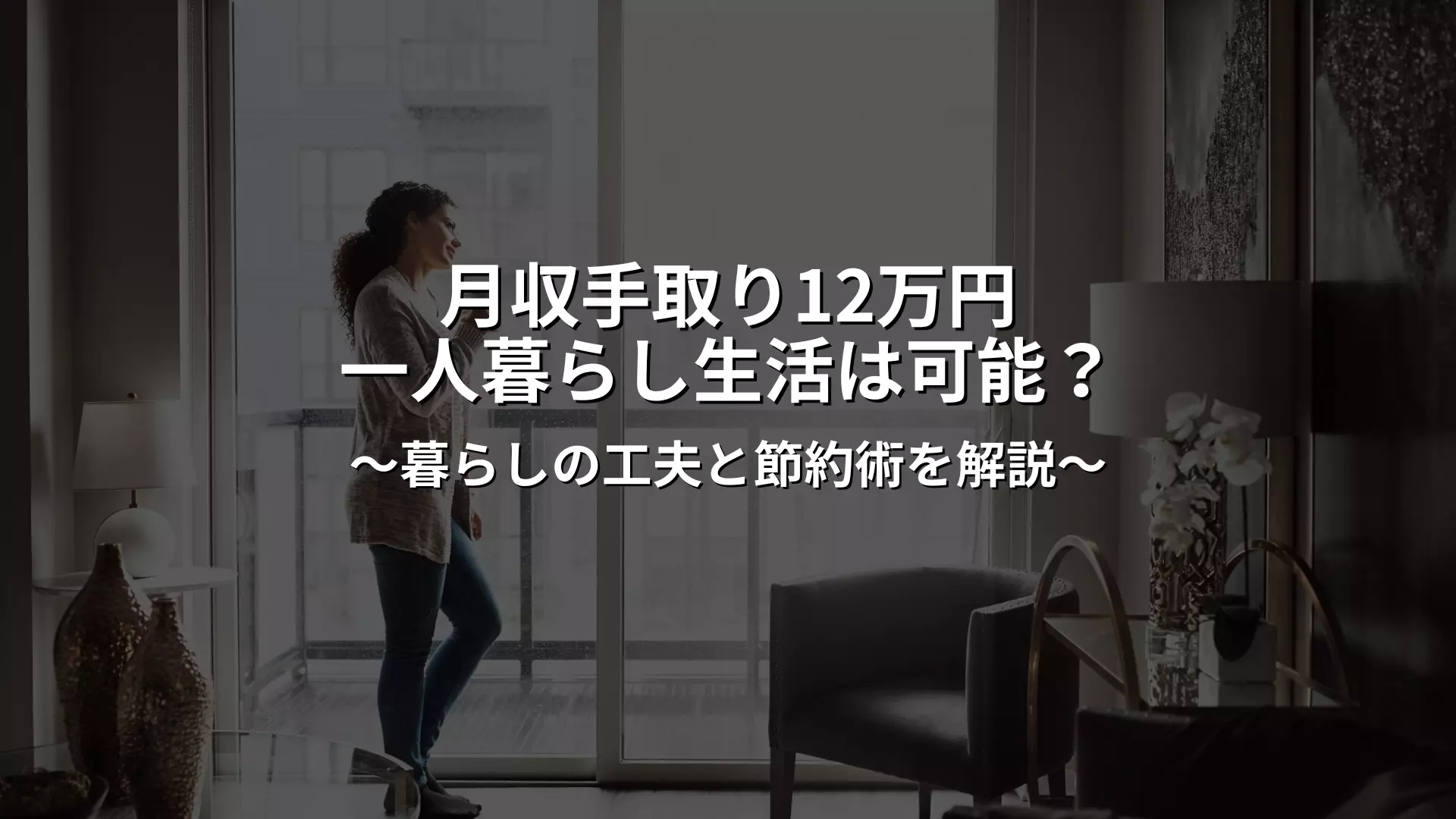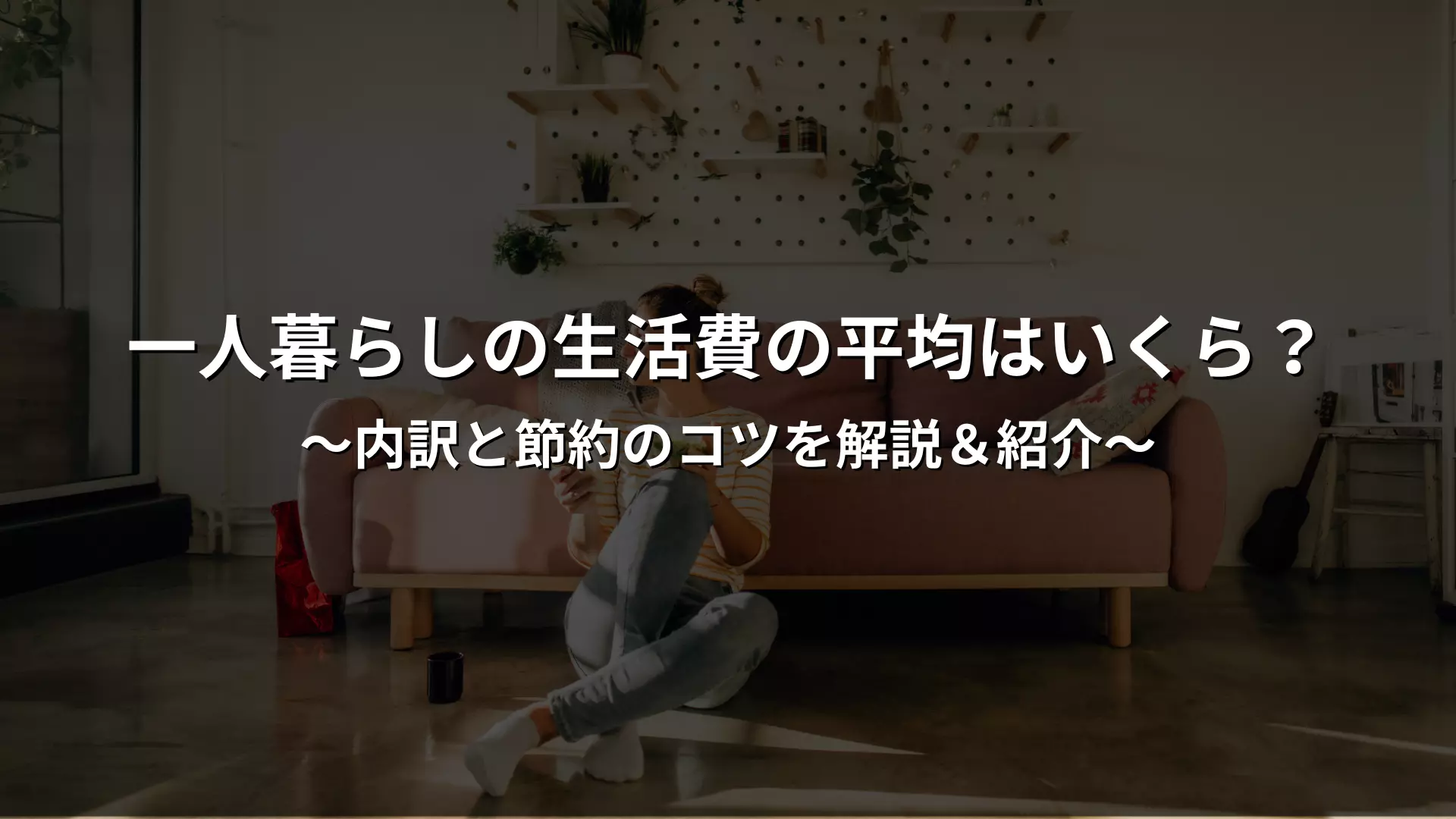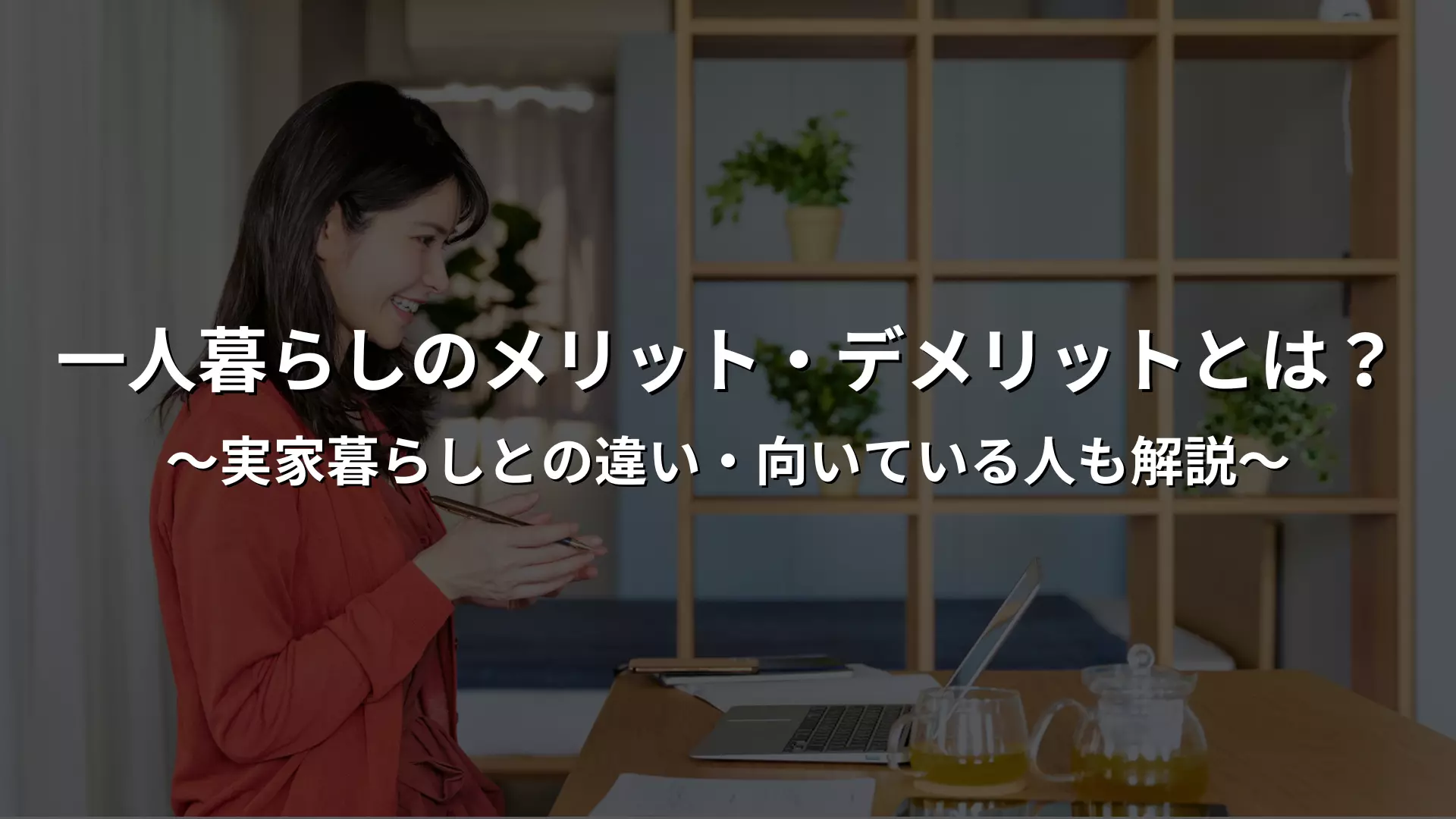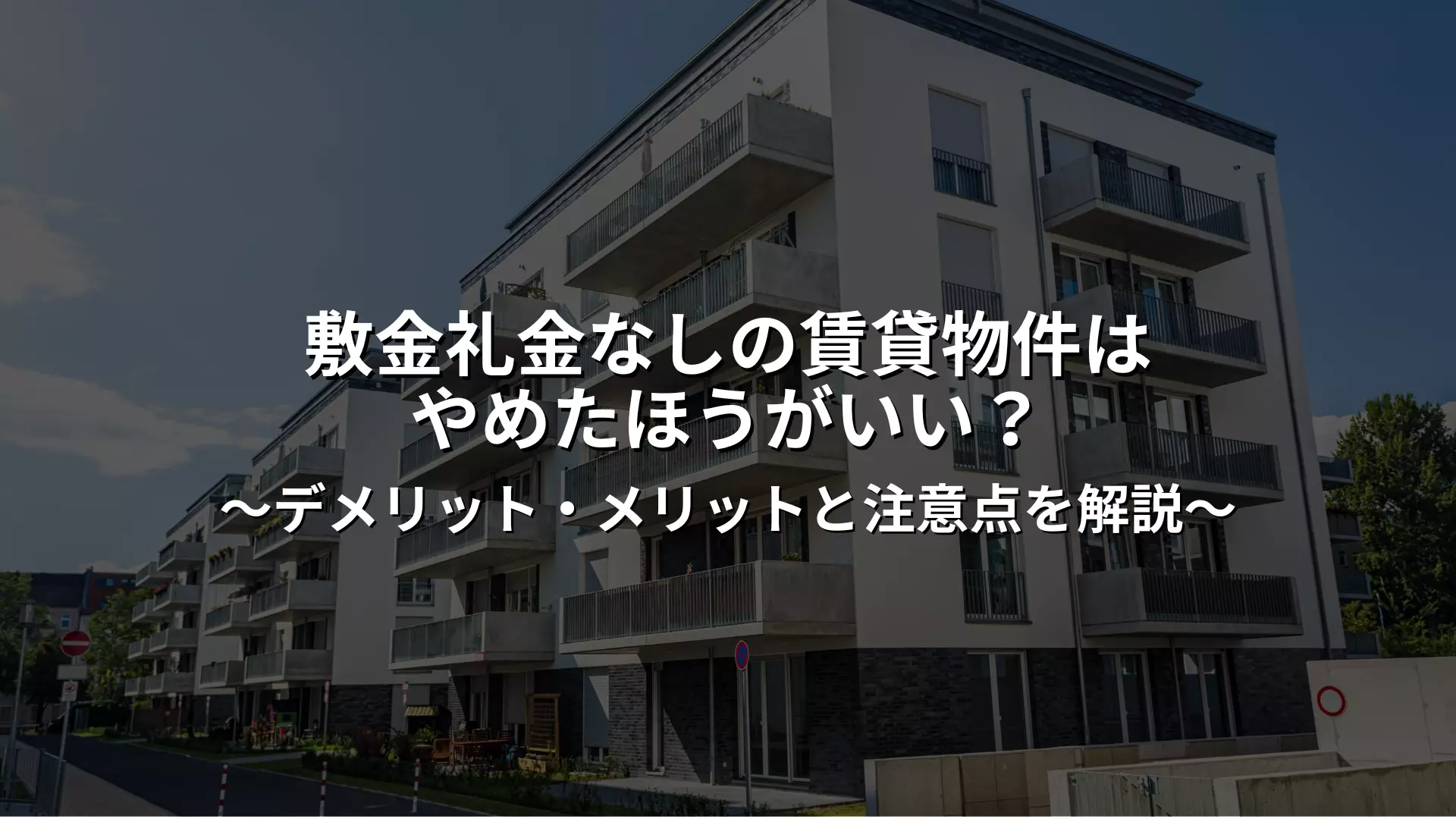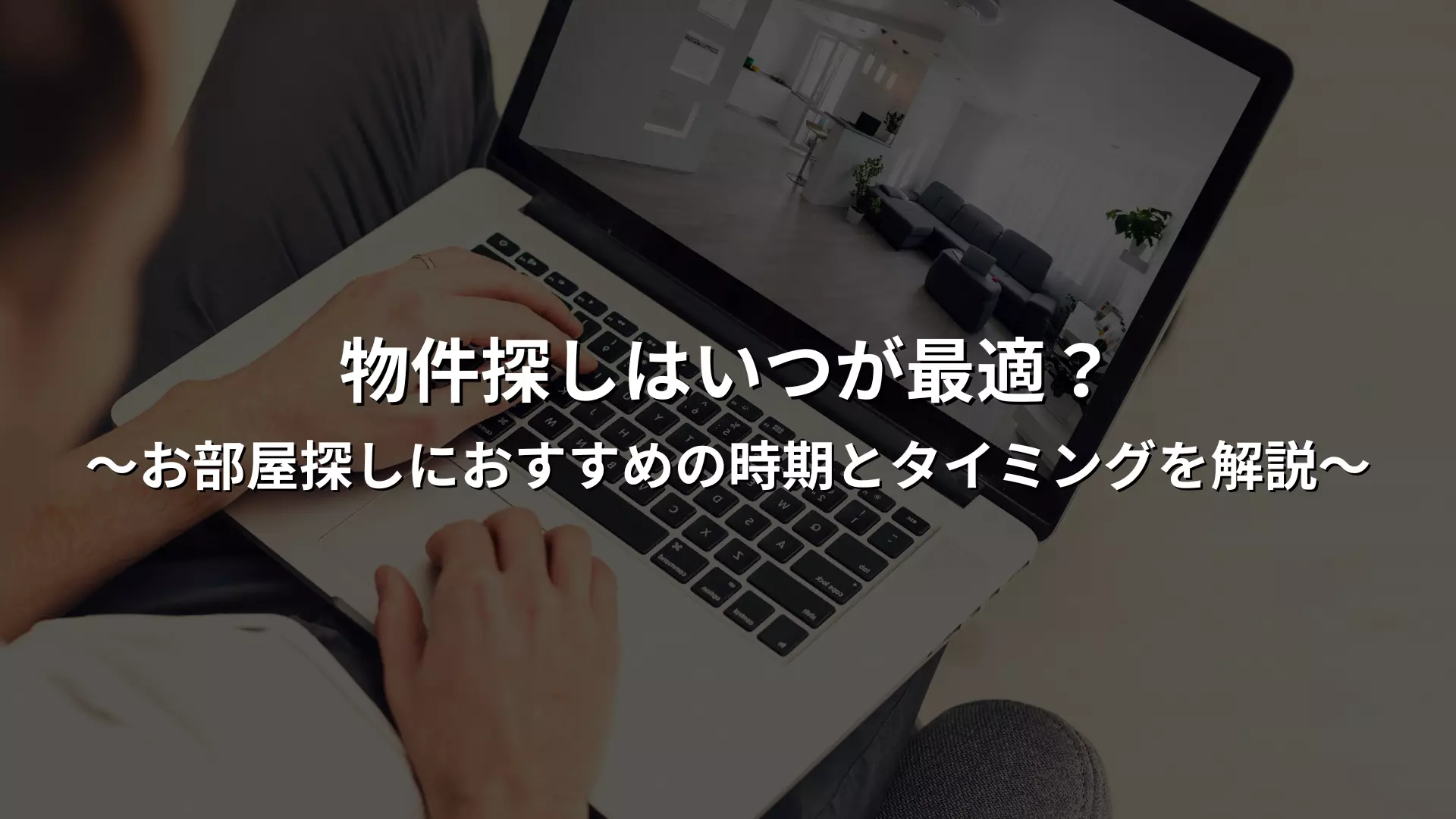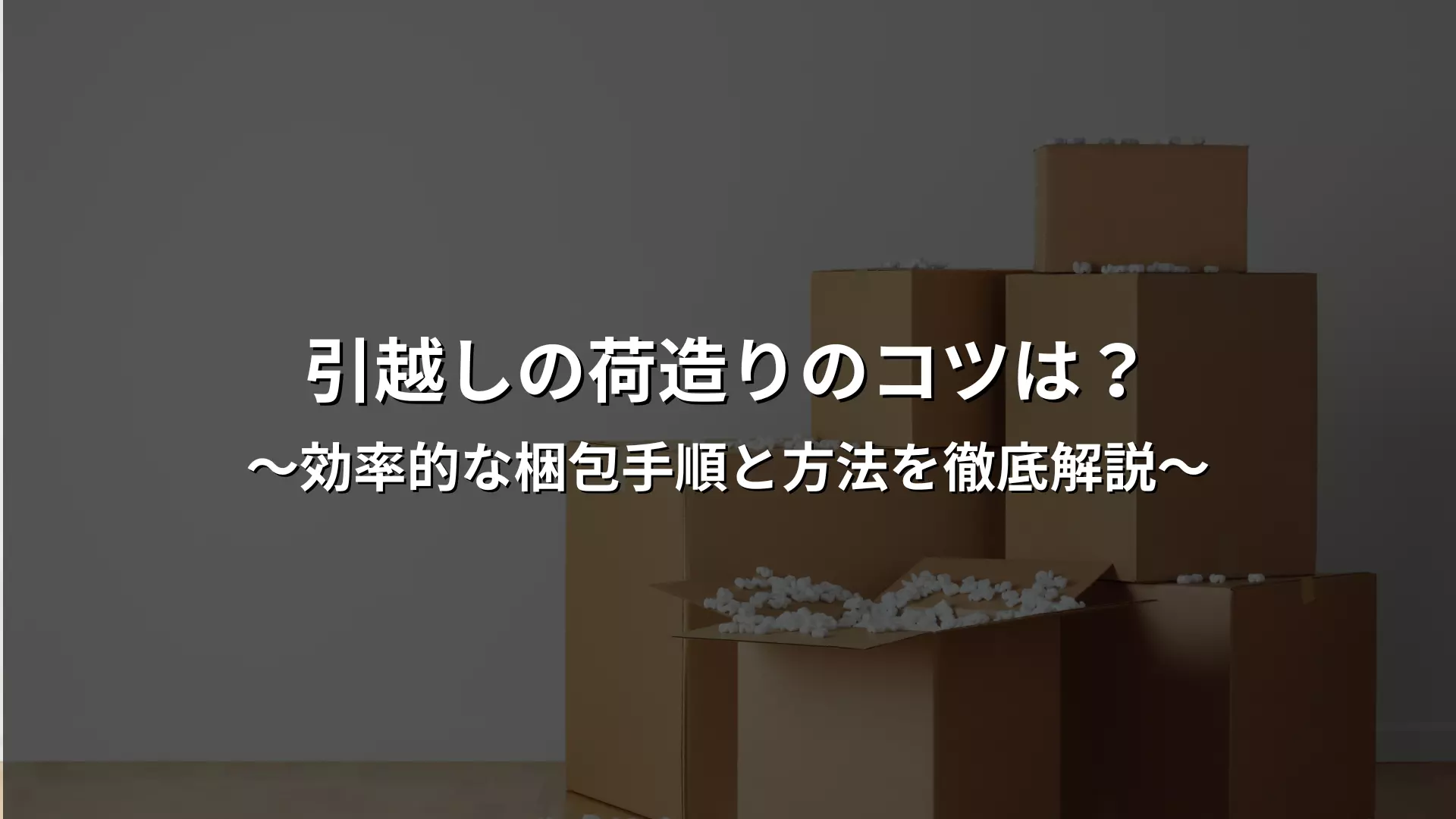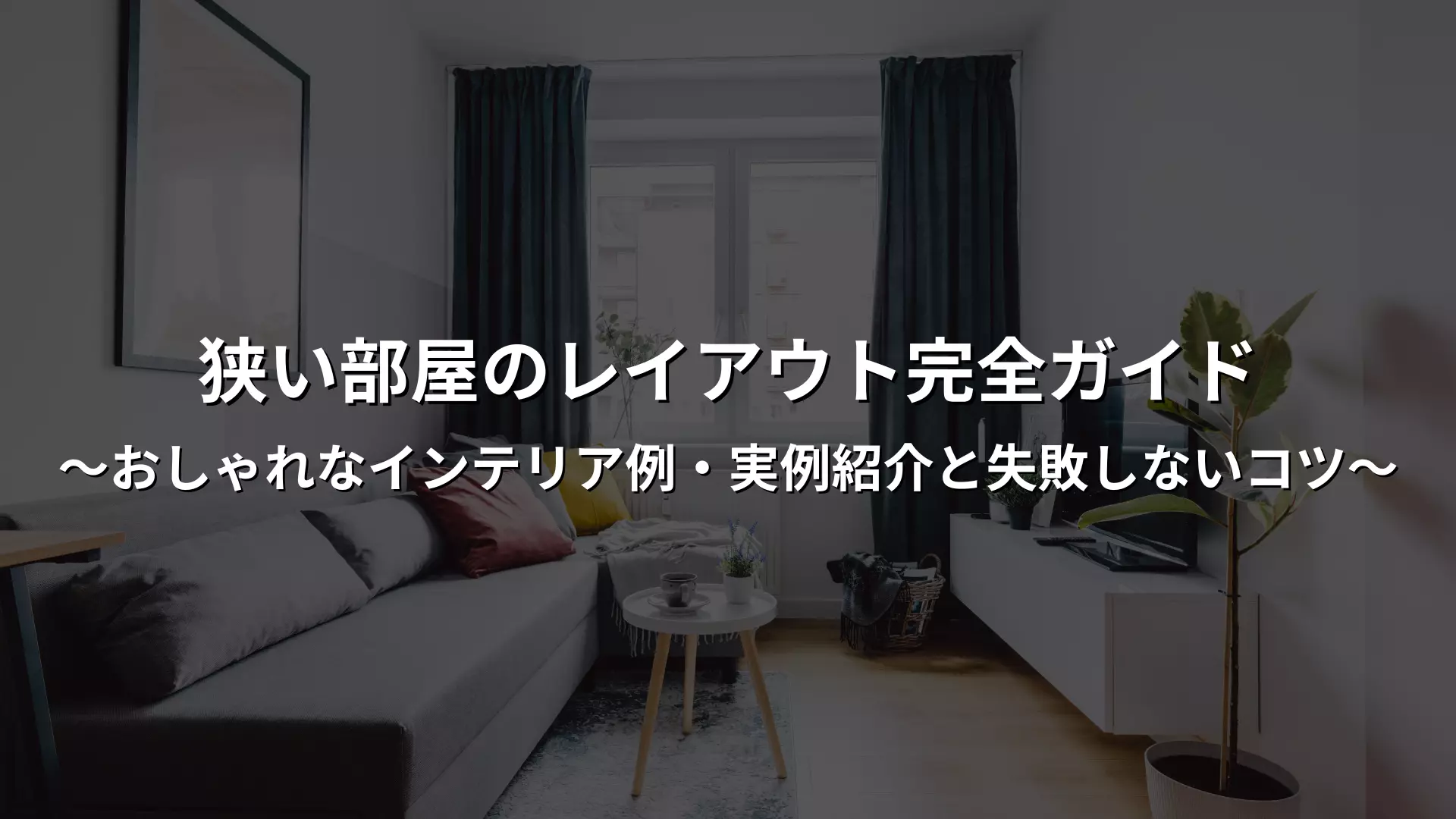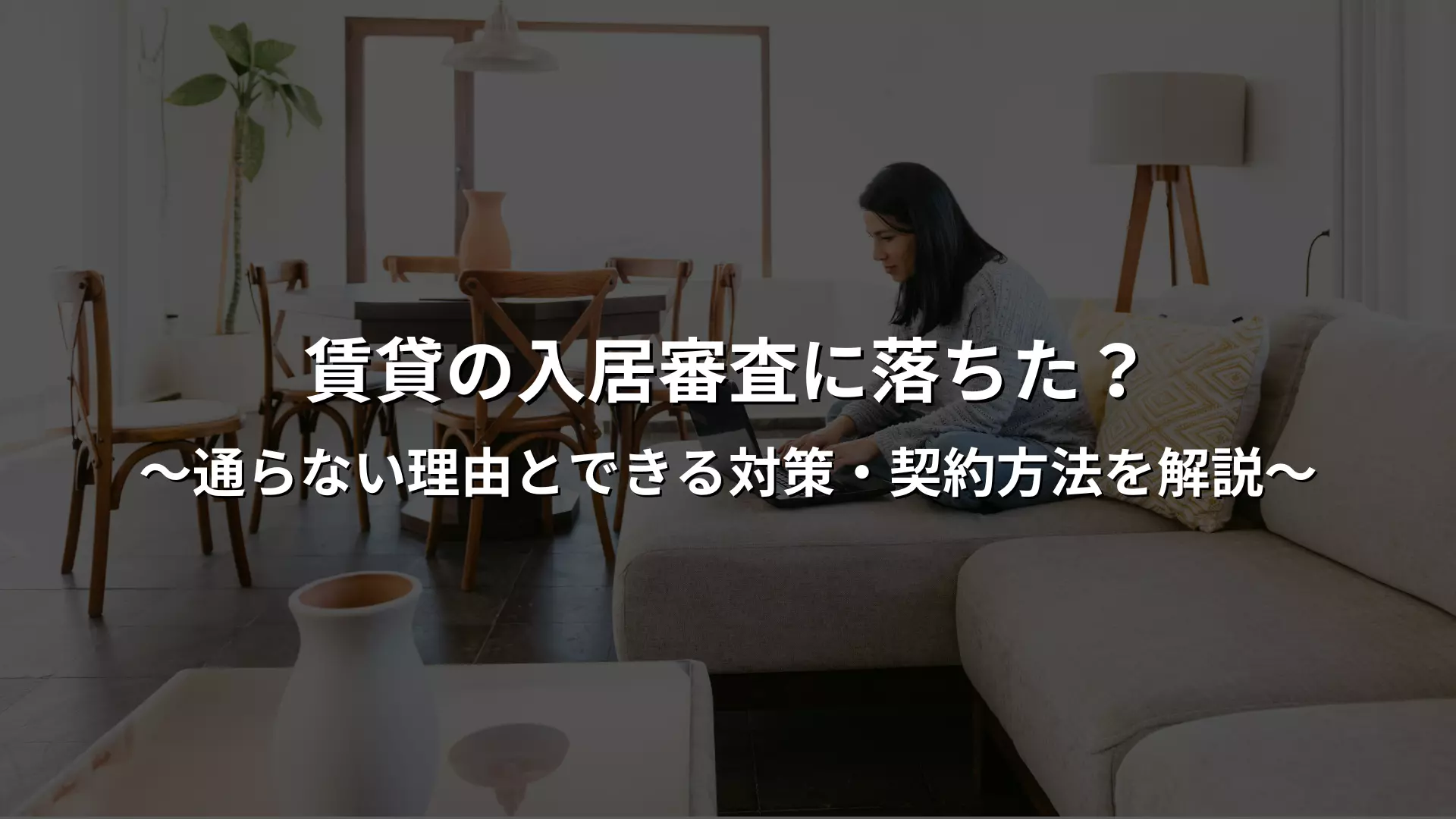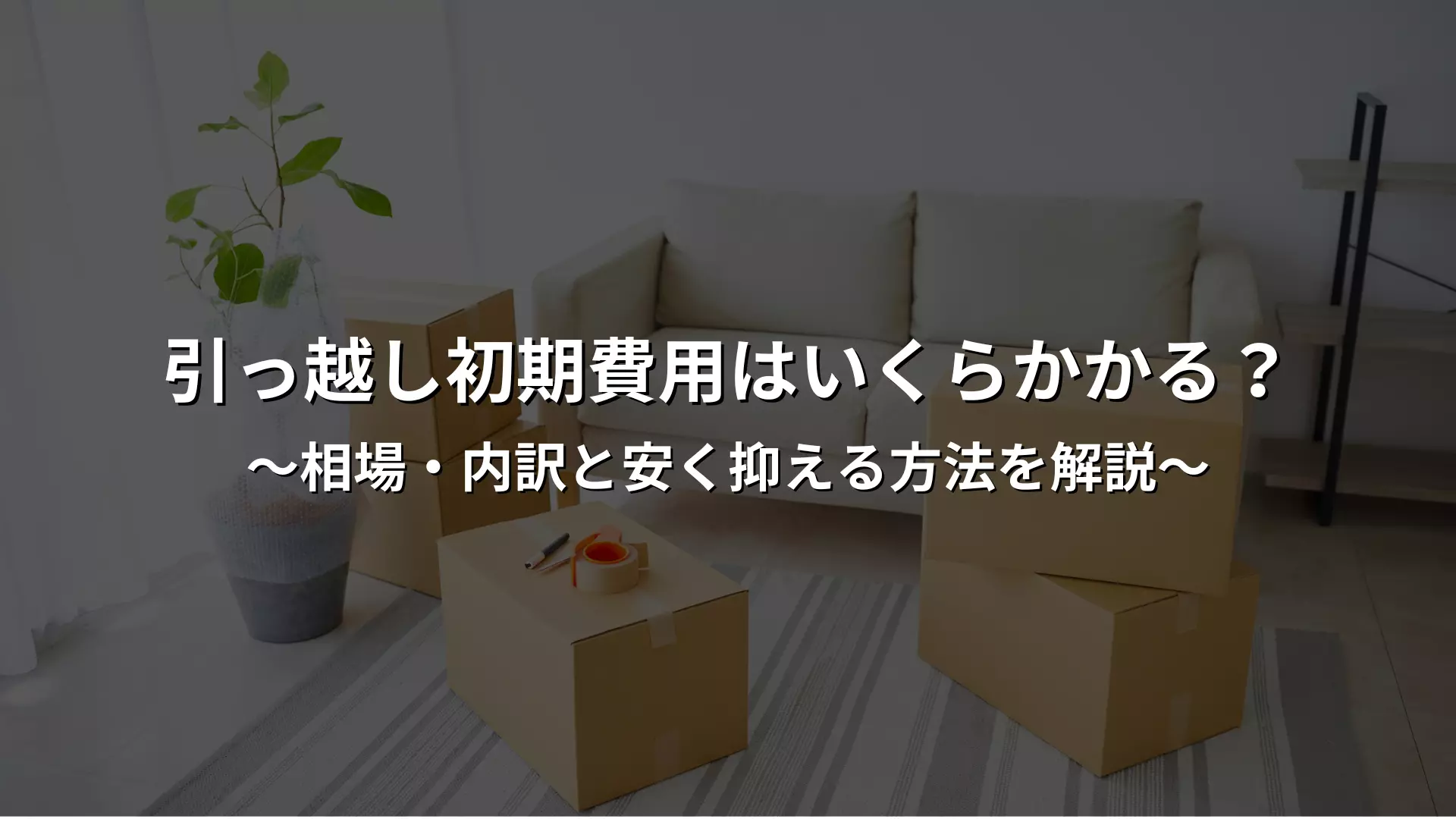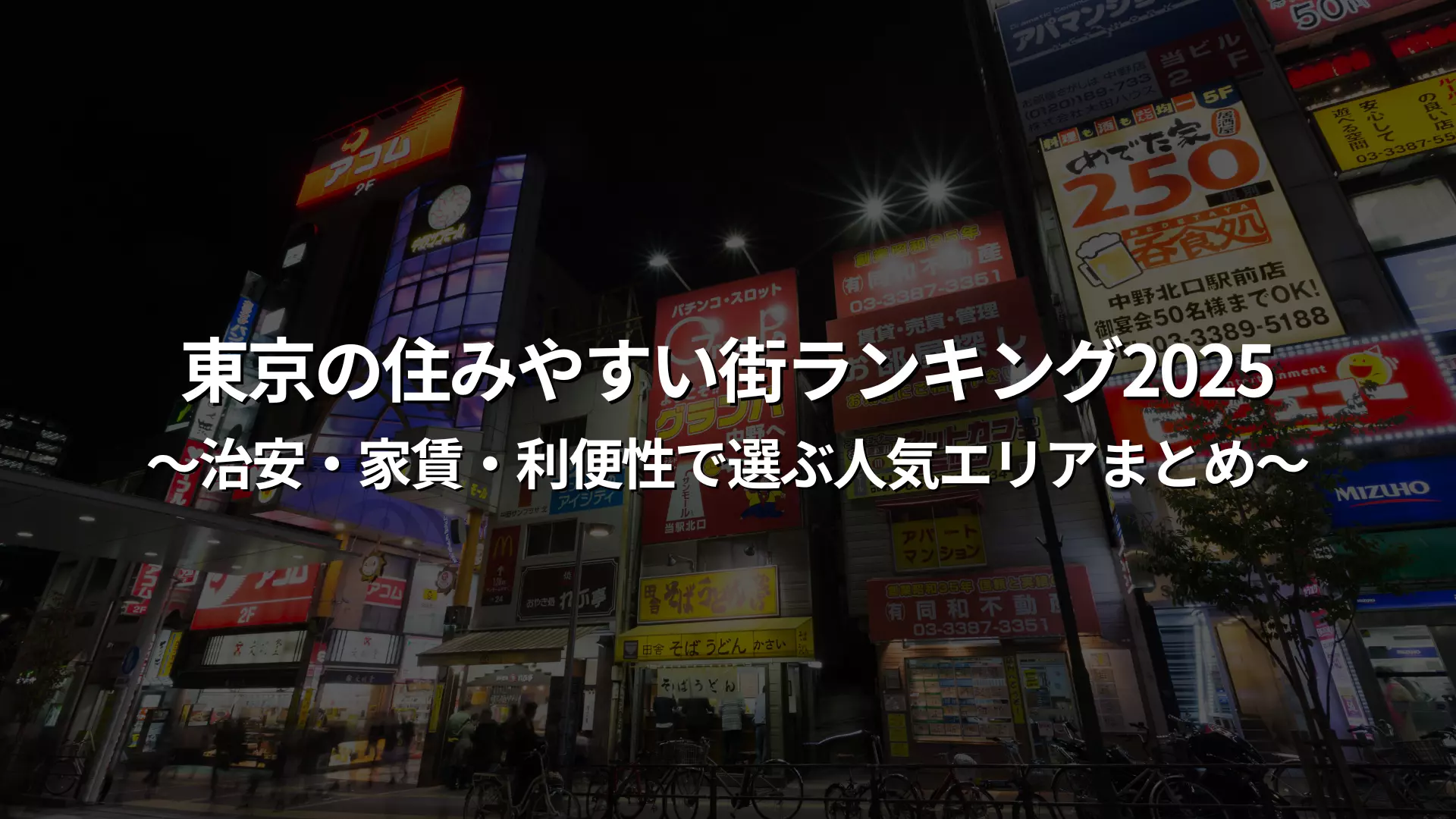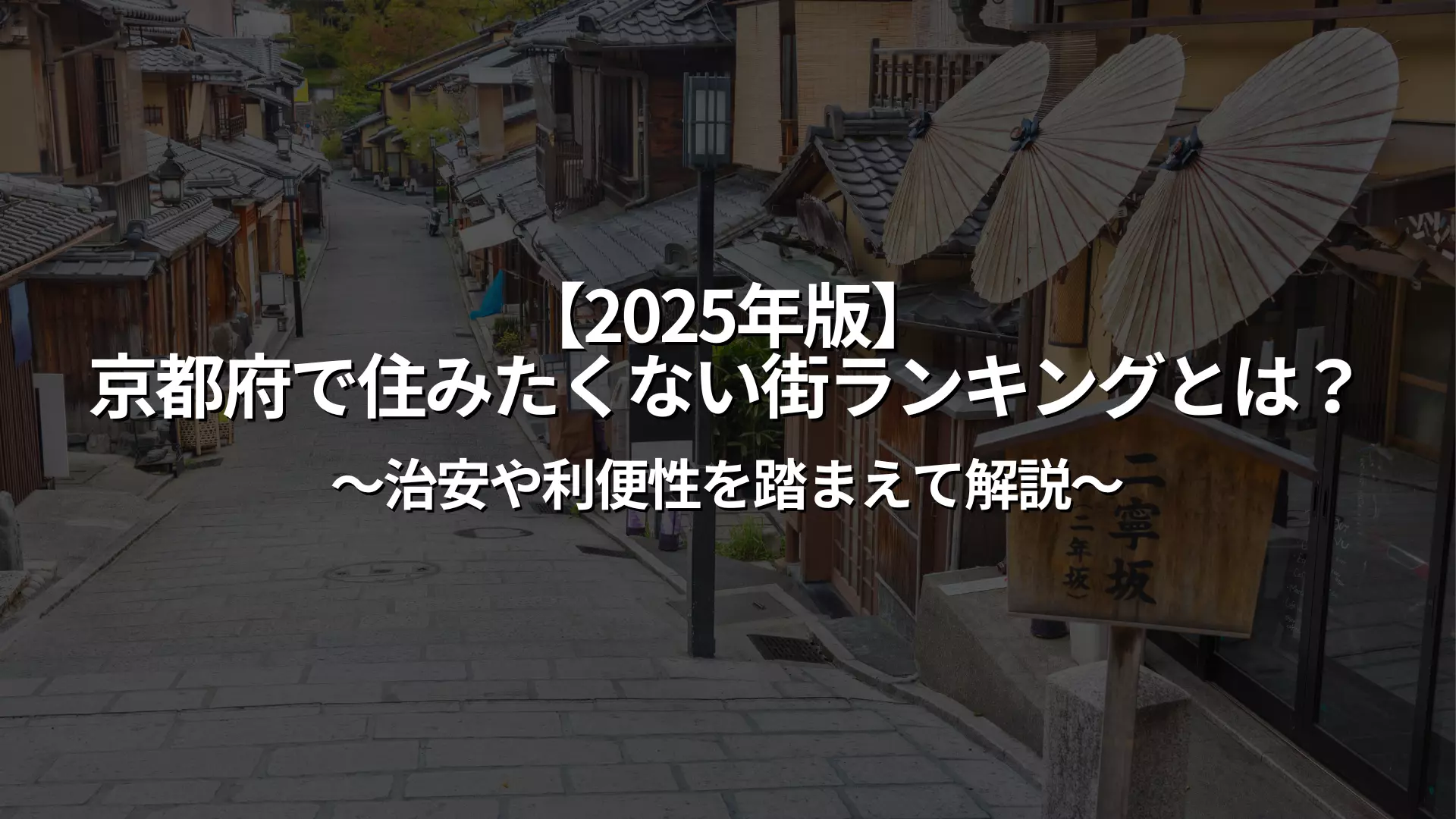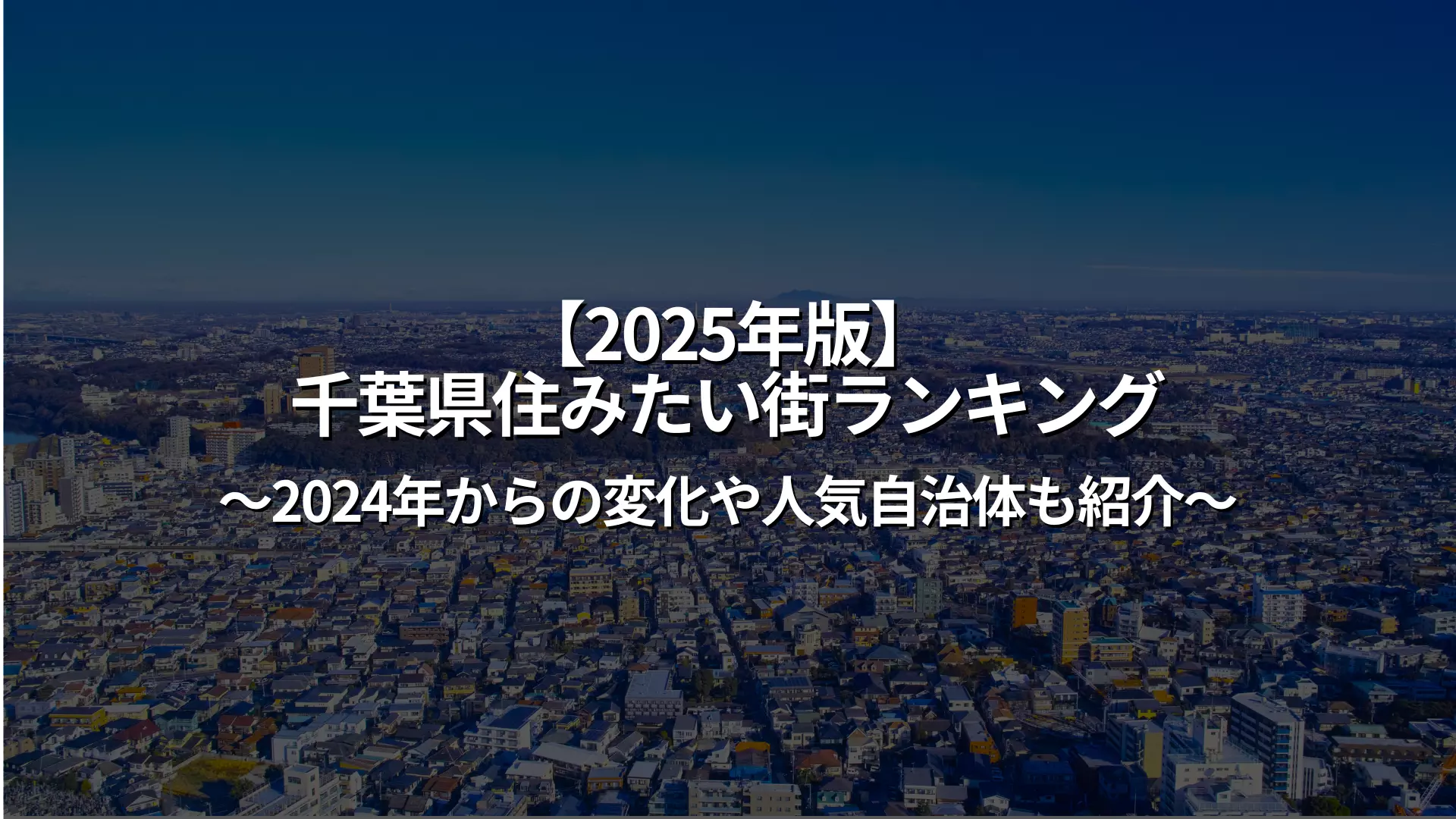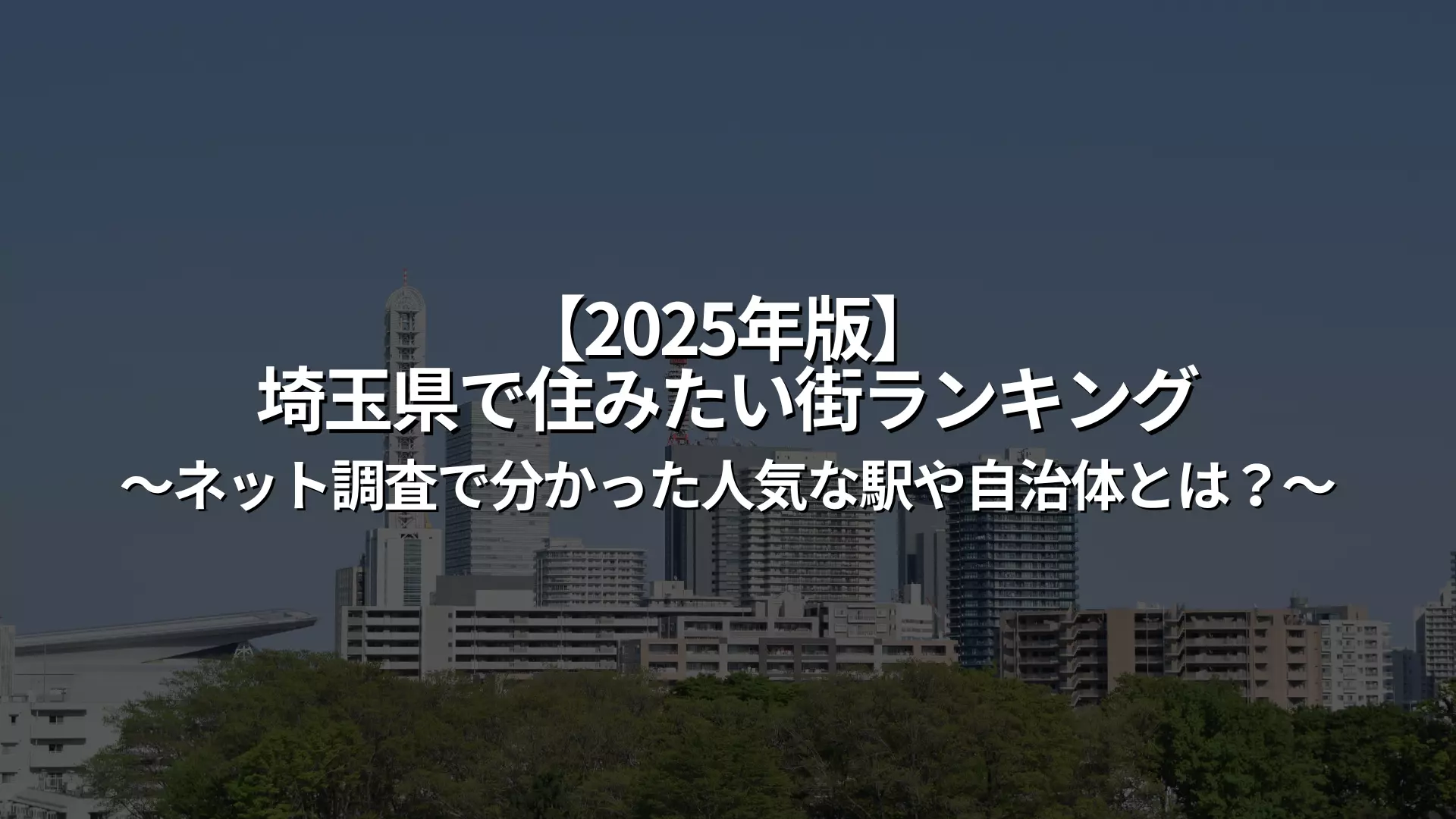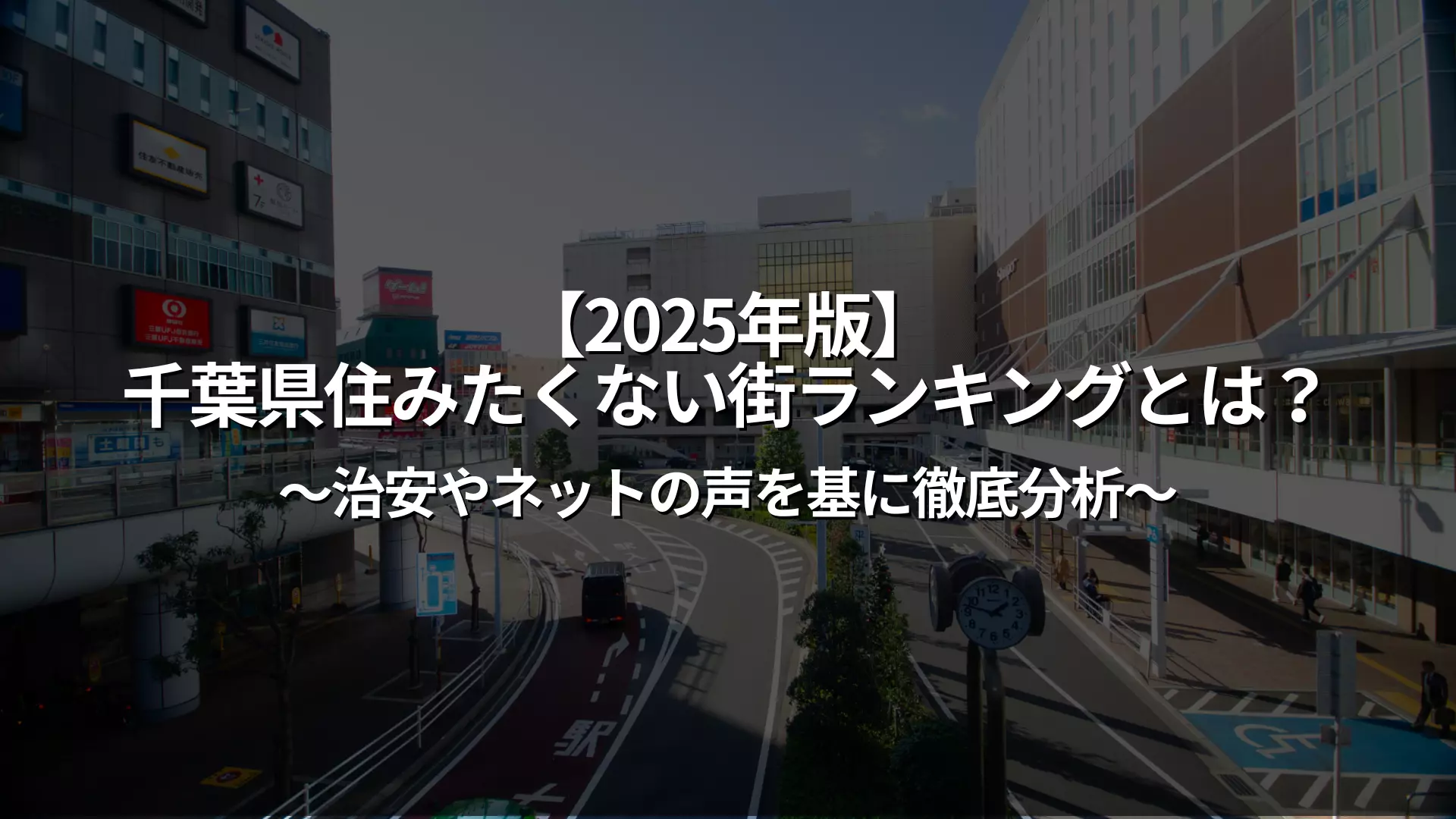What is a smart lock?
A smart lock is a system that allows you to install a dedicated device on the door of your home or office and lock and unlock it with a smartphone or other device. Unlike using a normal physical key, you can smoothly manage the opening and closing of the door through communication technologies such as the Internet and Bluetooth.This eliminates the need to carry a key, eliminating the risk of losing it. In addition, the system is attracting attention for its convenience and security, as it allows you to lock and unlock the door remotely and create duplicate keys within the app.
Benefits of installing smart locks in a shared house
The benefits of installing smart locks in a shared house are as follows:- Easier key management
- Leads to improved security performance
- You can check the entry and exit history
- Easy to install
I will explain each one, so please refer to it.
Easier key management
By introducing smart locks, key management becomes much easier as there is no need to physically hand over or lose keys. Each resident of a share house can lock and unlock the house using their smartphone or a specific card, reducing the burden on the manager.Residents no longer need to carry keys and can enter and exit smoothly with just their smartphones. This also eliminates the stress caused by key problems, creating an environment where residents can live together with peace of mind.
Leads to improved security performance
Regular physical keys pose a high security risk if lost, as duplicate keys can be easily made. However, smart locks use a digital authentication method, which has the advantage of reducing the risk of intrusions such as lock picking.In addition, many smart locks allow you to set detailed access permissions, allowing flexible management such as allowing access depending on the time of day. Unnecessary access permissions can be disabled, so you don't have to worry about occupants moving in without permission.
In this way, introducing smart locks will strengthen crime prevention and improve the security performance of the shared house.
You can check the entry and exit history
With a smart lock, you can use a management app to see who entered and left the building in real time, so you can immediately spot any suspicious activity.Another attractive feature is that tenants can check their own entry and exit history. However, from the perspective of privacy, there must be certain restrictions on checking the history.
It will also make it easier to receive unexpected visitors and deliveries, which will improve the convenience of your daily life.
Easy to install
Most smart locks can be retrofitted to existing doors and locks, which means they don't require any major construction work and can be easily installed.In addition, initial costs can be kept to a minimum, allowing for quick implementation. Installation can be done easily by following the instructions, even if you do not have any specialized knowledge, so you can start using it right away.
Another benefit is that it is easy to manage after installation, placing less of a burden on the manager and residents of the share house. This makes it possible to achieve both security and convenience in a share house.
Search for a room
Only furnished properties with appliances are listed!
Disadvantages and points to note when installing smart locks in a shared house
The disadvantages and precautions to take when installing smart locks in a shared house are as follows:- Initial setup costs are high
- There is a risk of battery failure or breakdown.
- Problems may occur depending on the communication environment.
We will explain each one in detail below, so be sure to check them out before you begin.
Initial setup costs are high
Smart locks tend to be more expensive than regular locks, so there is a high chance of an initial cost involved. When introducing the system, there may be cases where an installation fee is charged in addition to the cost of the device itself.It will cost more if you have multiple doors to install it, but in the long run it will be more cost-effective as it will reduce the costs of duplicating, replacing and losing keys.
It is important to consider whether or not to install smart locks, taking into account the size of the shared house and your budget.
There is a risk of battery failure or breakdown.
If you have a battery-operated smart lock, you will need to replace the batteries regularly. If the batteries run out, the lock will no longer function and you may not be able to enter or exit the building, so be careful.Also, because it is an electronic device, there is a risk of it breaking down. It is important to always have spare batteries on hand and think about countermeasures in case of breakdown. Furthermore, you can minimize the risk by performing regular maintenance and choosing reliable products.
Problems may occur depending on the communication environment.
Smart locks use wireless communication such as Wi-Fi and Bluetooth. Therefore, if the Wi-Fi environment is unstable, it may not be possible to remotely control the smart lock, and entry and exit records may not be kept accurately. There is also a possibility that the smart lock may temporarily stop responding due to communication problems.In particular, in a shared house where multiple people live together, such malfunctions can lead to major problems. When introducing a smart lock, it is essential to have a stable communication environment. Also, having a spare physical key on hand will give you peace of mind in case of an emergency.
How to Choose a Smart Lock
When choosing a smart lock, it's important to keep the following points in mind:- Is this an appropriate installation method for a shared house property?
- Does it have an auto-lock function?
- Is the operation easy for everyone to use?
- Can I set permissions on a duplicate key?
- Can I check the entry and exit records?
- Is there sufficient after-sales support?
By installing a smart lock that meets these requirements, you will be able to live in a shared house with peace of mind for the long term.
Search for a room
Only furnished properties with appliances are listed!
Summary: Install smart locks in your shared house to create a secure environment
Introducing smart locks to a shared house has the advantage of improving crime prevention and safety. However, it is important to understand the disadvantages before installing them, such as the initial cost and the risk of the battery running out.If the most suitable smart lock can be installed within the shared house's budget, it will reduce the burden on managers and tenants.
Using this article as a reference, you can install the appropriate smart lock and enjoy a safe and comfortable shared house life.

